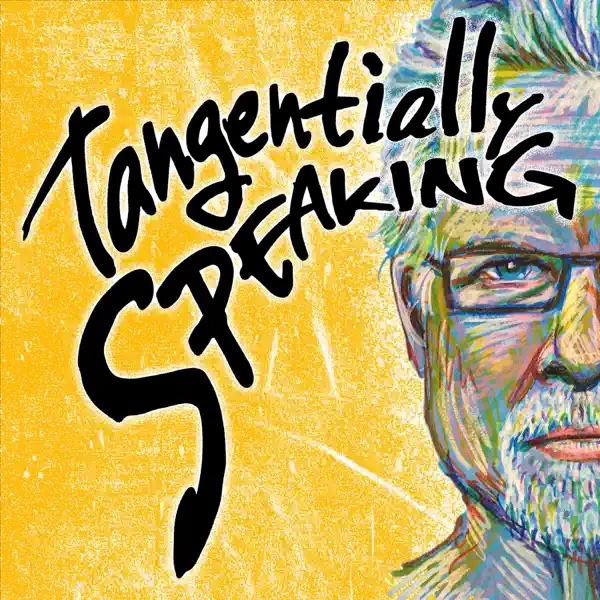I hit the jackpot this summer in terms of good books to read, Chris Ryan’s Civilized to Death among them. Chris offered to become better acquainted via a recorded conversation for his podcast, Tangentially Speaking.
Schedules aligned for us to record a conversation on September 25, and shortly after our “hour” together, we decided to do a second round two days later. The day between was so packed for me that it felt like a week transpired in between. On that day, I biked about 20 miles, got on a ferry, sailed to Canada to meet icon Rex Weyler (fantastic guy and conversation), then reversed my route, biking back home late that evening in pitch blackness on a narrow forest trail. Memorably, my face collided with a flying bat! I’m sure it was as shocked as I was, but I suspect it was unhurt, like me. I just laughed, holding on to the sensation of warmth, fur, and leathery wing on my cheek. Anyway, in the second conversation with Chris my confusion on how long it had been is apparent. Also, having covered some similar ground with Rex it was harder than it ought to have been to keep track of what Chris and I had discussed in the first conversation (apologies for a few repeated sentiments).
Anyway, the two episodes can be accessed via any of these formats:
The audio versions include introductions by Chris as well as some musical selection. The videos are just the conversation, auto-edited to remove pauses and “ums.” I look forward to future dialog with Chris. It’s great to have conversations with wise and well-aligned individuals.
Views: 2501





